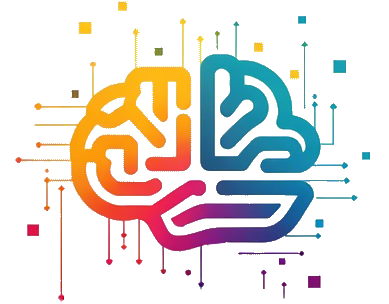AI Literacy for Everyone Who Learns and Inquires
Renfrew Colloquium Presents
Tuesday, October 22
12:30-1:30 p.m. PT
Library 1st floor near the main entrance
Overview
We can approach AI systems as if they were agents with beliefs, desires, and intentions. We do this, sometimes, when we interact with complicated tools. However, this agential stance masks some key limitations and capacities of AI systems that are more easily diagnosed from a high-level understanding of their design. Just as important, however, is that the design stance masks the values and ethical frameworks we need to evaluate uses of AI systems. Because of this, we argue that AI literacy requires collaboration between humanities and sciences. In this talk we introduce our approach to AI literacy, focusing specifically on Large Language Models (LLMs) and their general impacts on many kinds of inquiry, ranging from the everyday (how would you cook cauliflower as if it were a steak?), to the academic (what’s a good way for me to study this material?), to the basics (help me generate ideas!).
About the Speakers
Casey Johnson researches the differences that social position and power make to people’s ability to converse and inquire. Here are two examples: first, “Can I look inside your bag” when said by a police officer is quite different than when said by a toddler. Second, two equally smart people will have drastically different success in inquiring if one is a professional researcher and the other is incarcerated. Her recent work offers a way to evaluate the communities of inquiry. These evaluations measure how well the inquiry-related needs of the members are met. In her off time, she likes to hike with her weird little dog.
Bert Baumgaertner’s research is about how beliefs spread within and across groups, and how these processes are further complicated by things like the spread of misinformation and differences in standards of evidence. He is an interdisciplinary philosopher, using conceptual engineering to bring together computational modeling with survey experiments. His recent work explores the implications of using generative AI and what it means to develop AI literacy. His favorite course to teach is Symbolic Logic. Bert also moonlights as an ultramarathon trail runner, exploring the vast wilderness areas that Idaho has to offer.
Photo credit: Michelle Reagan, Institute for Interdisciplinary Data Sciences (IIDS)







